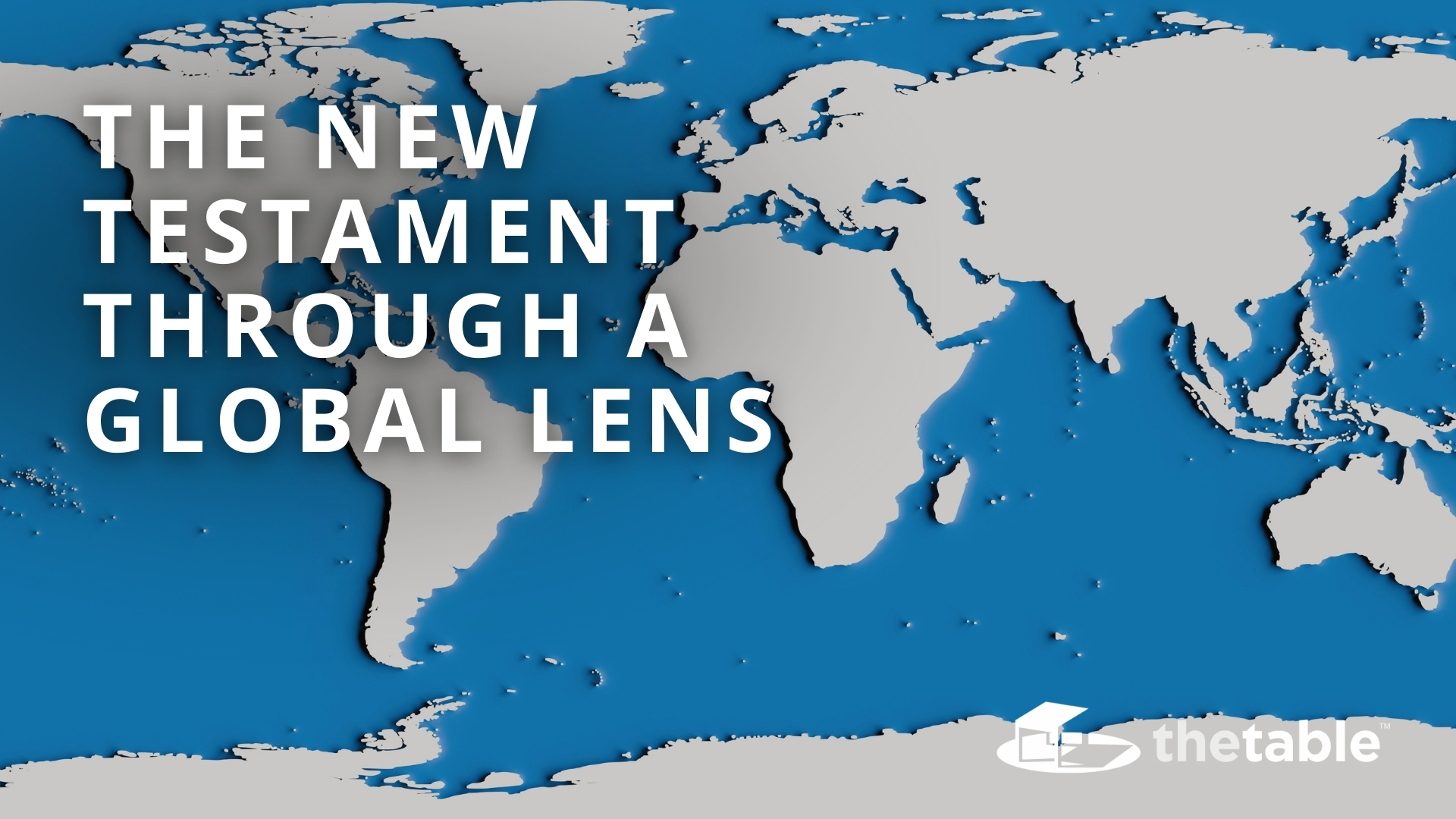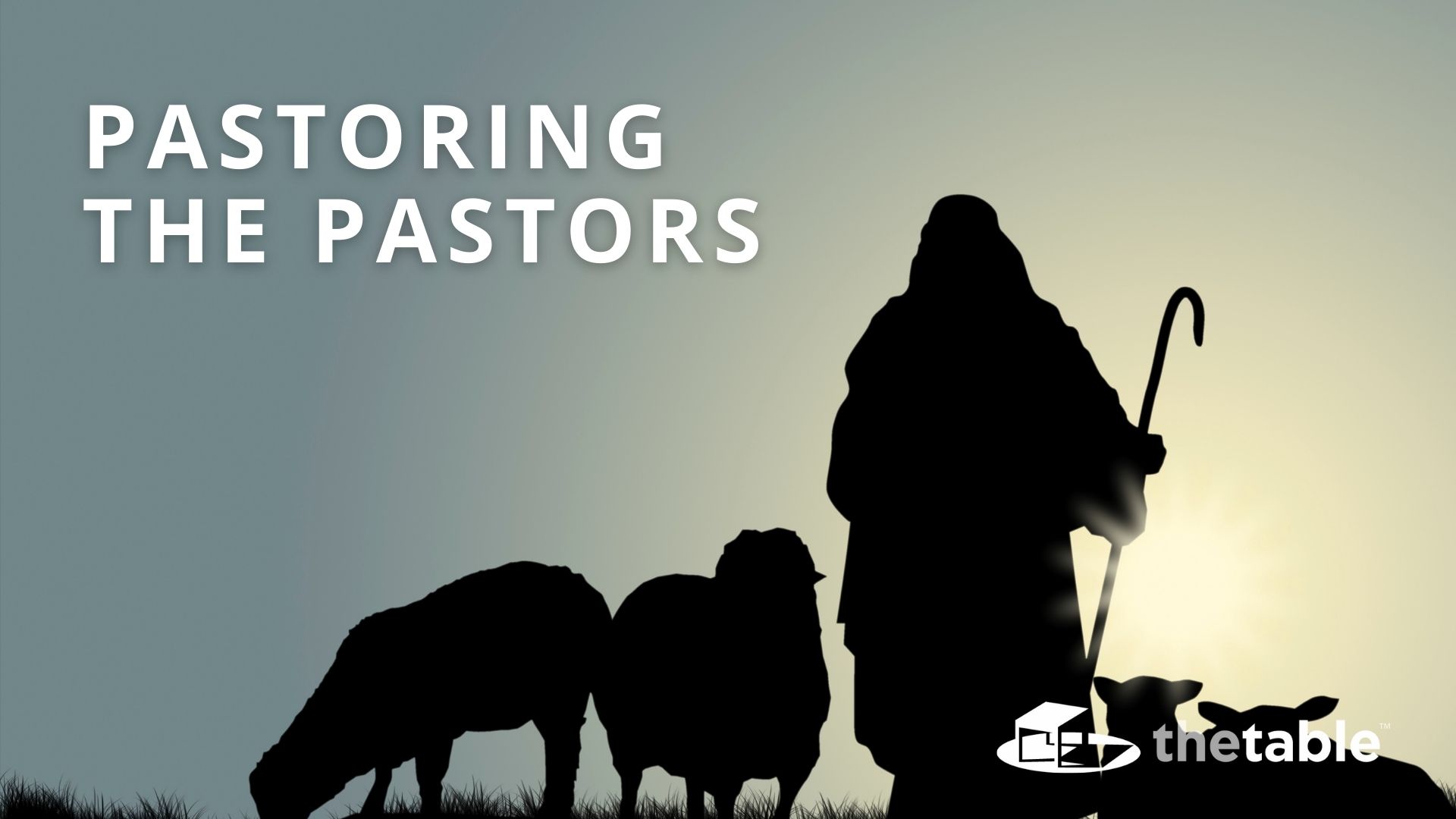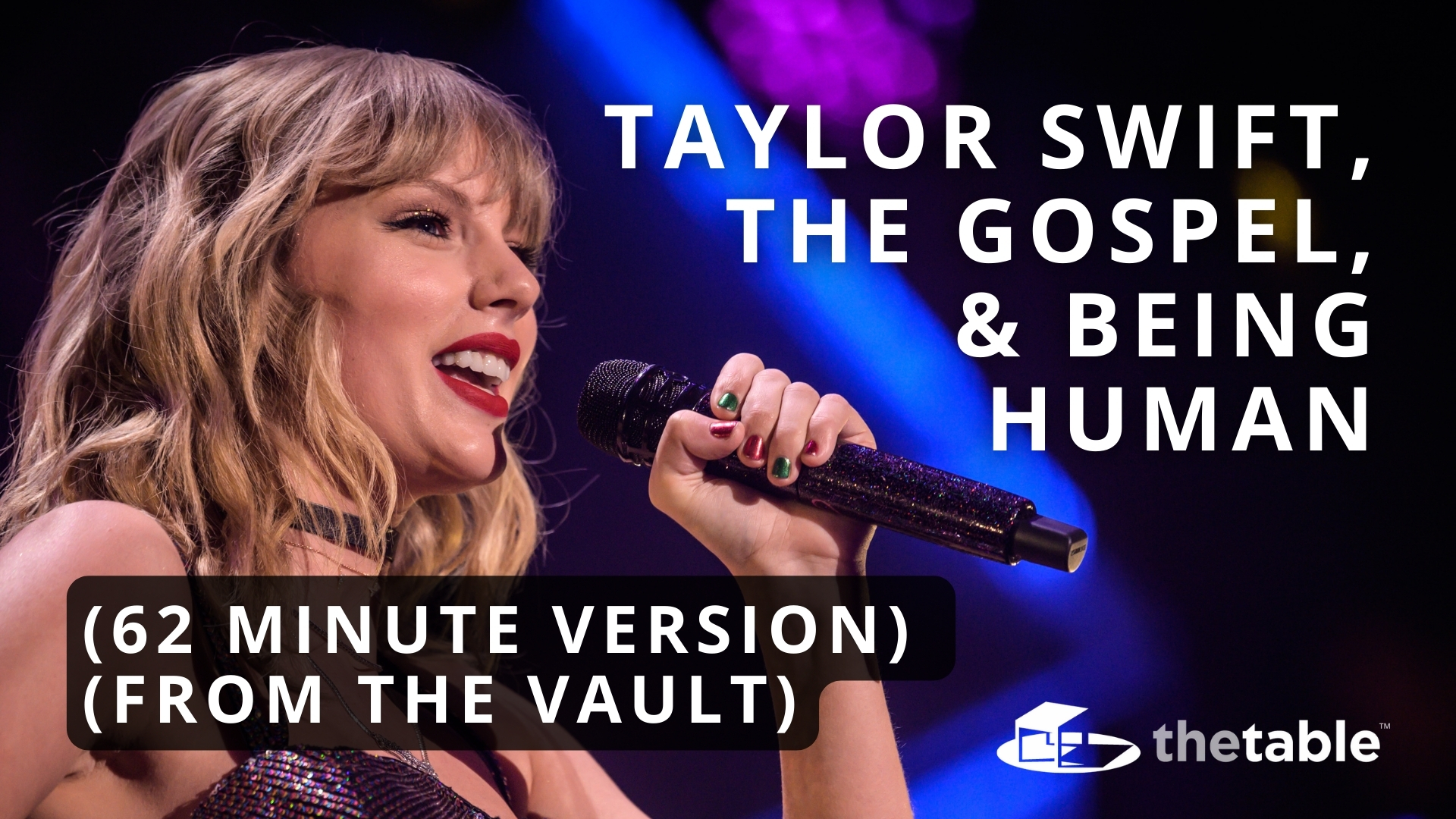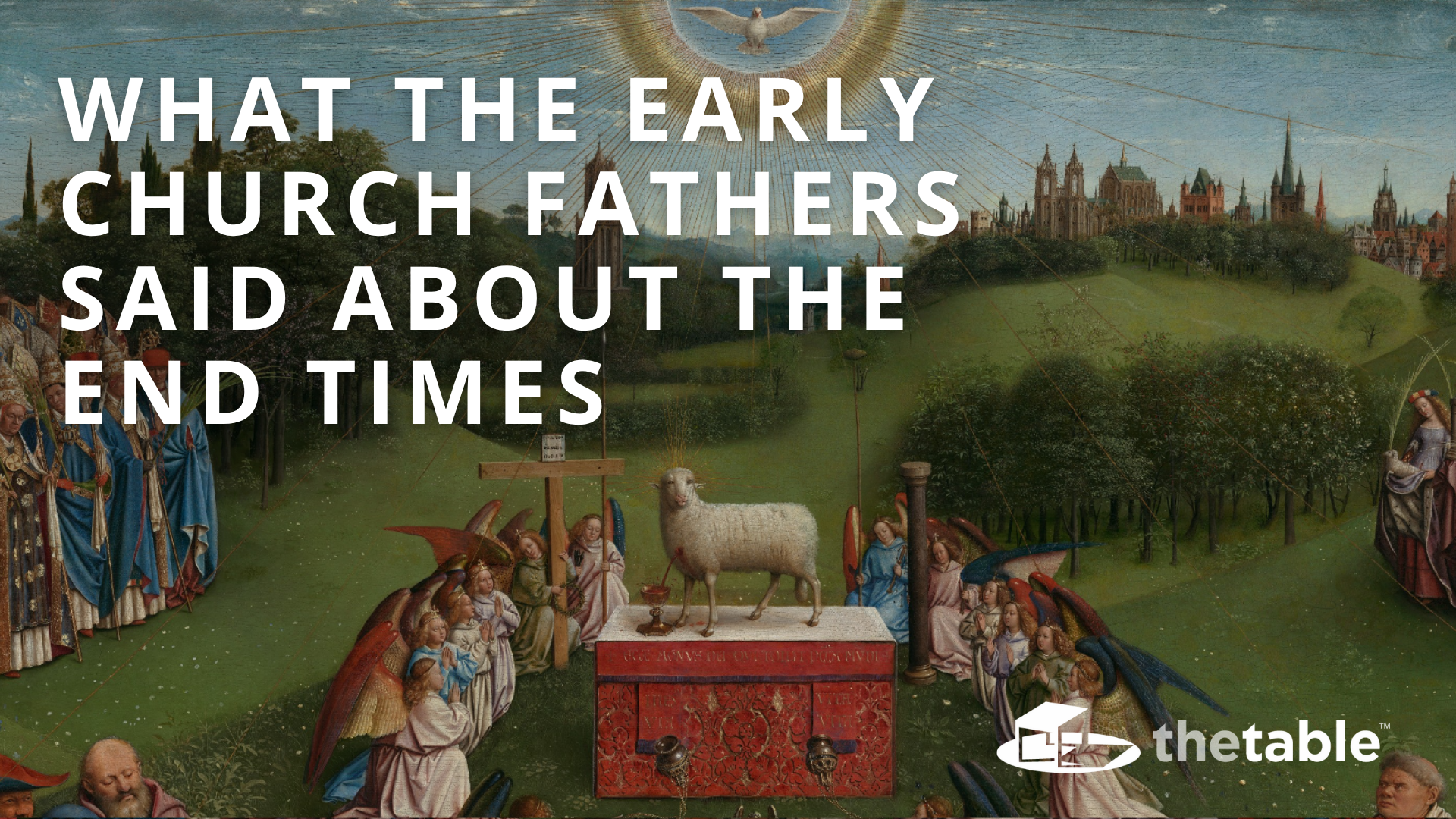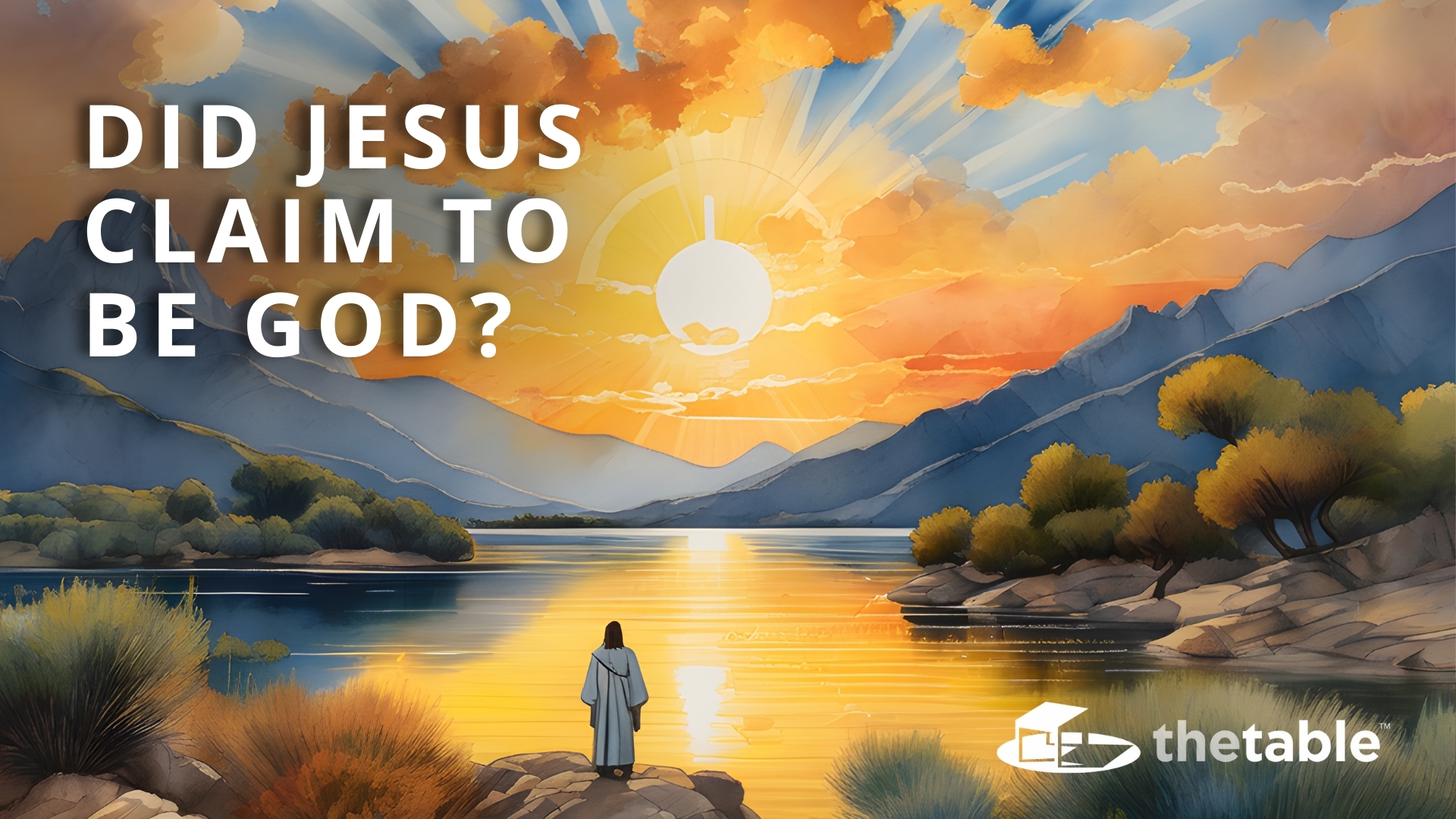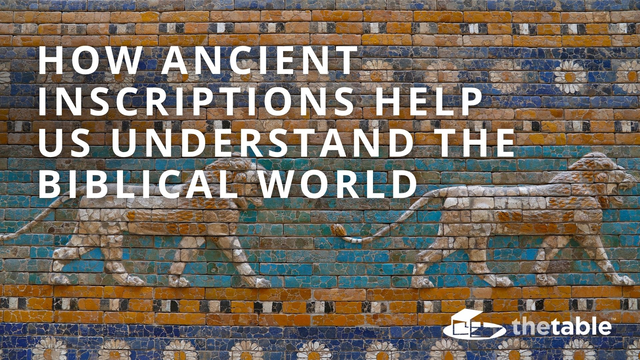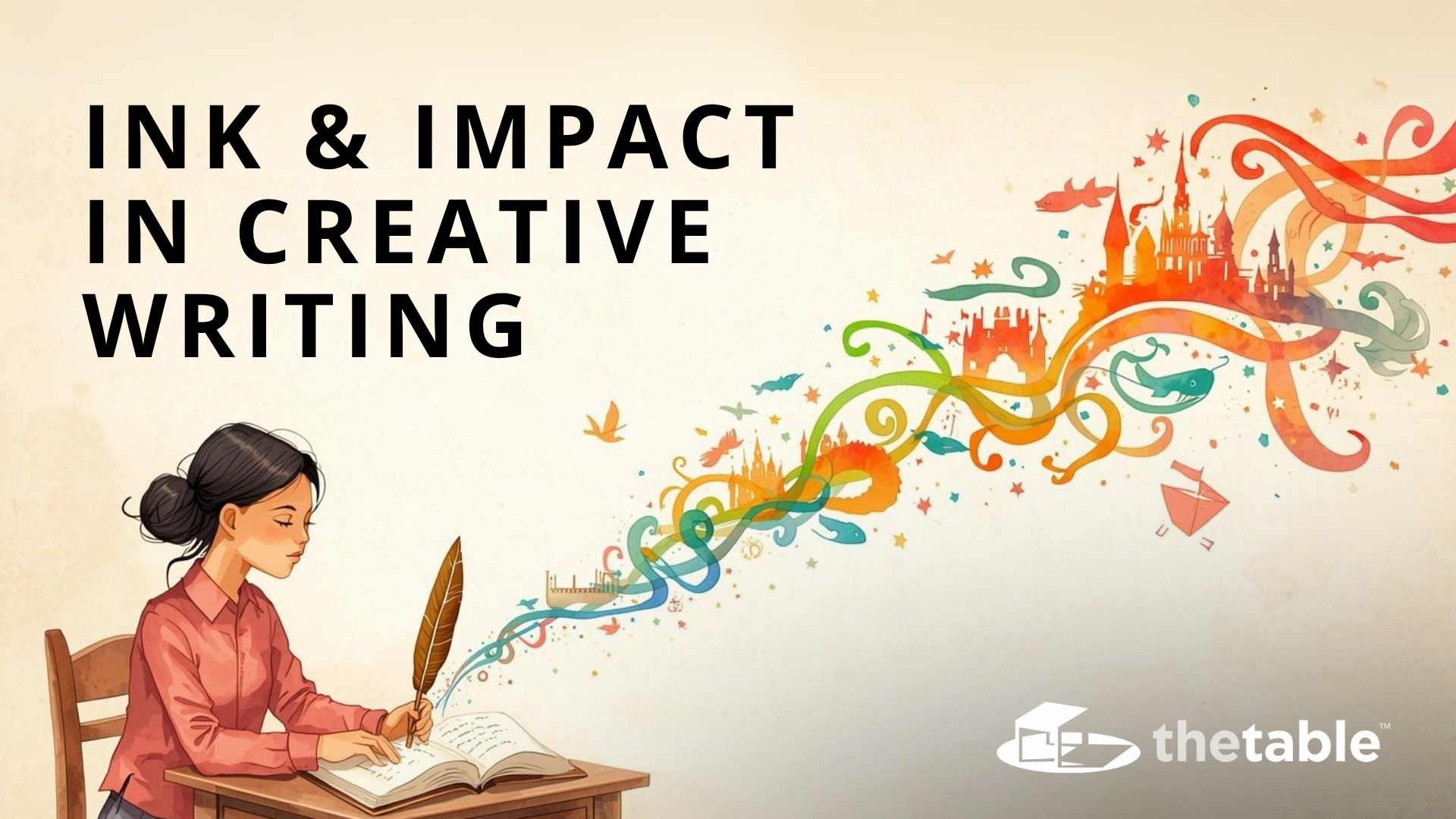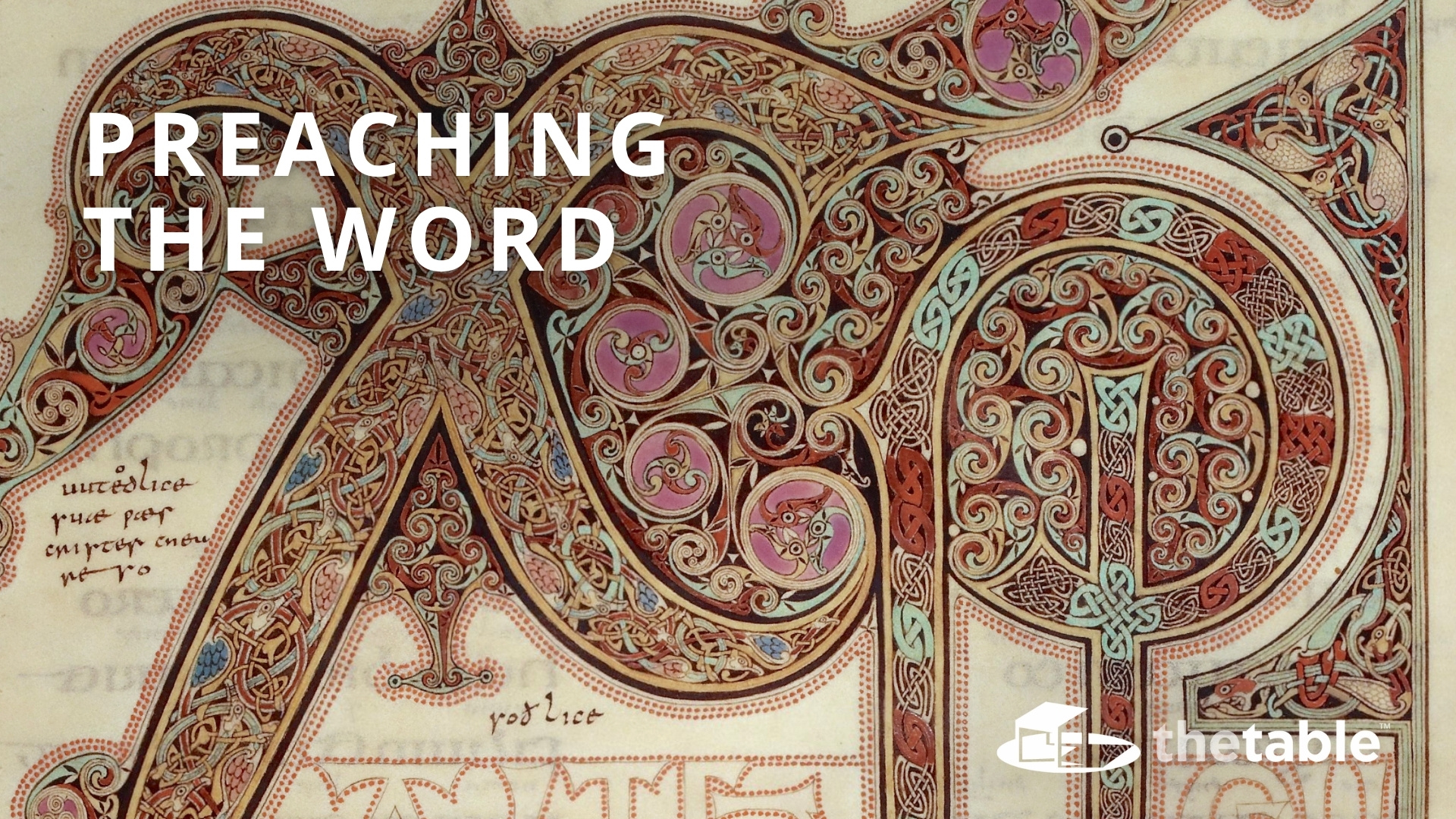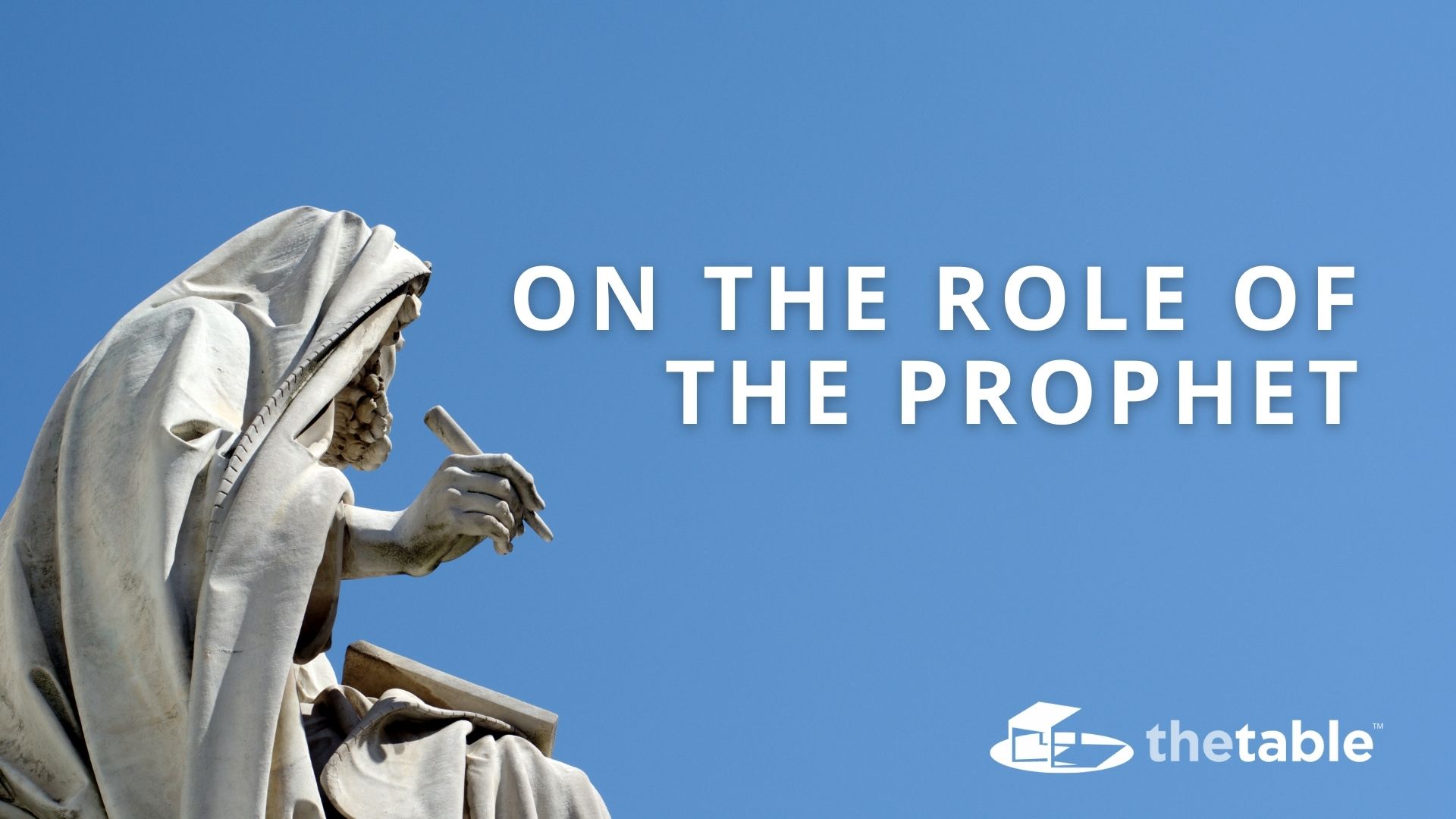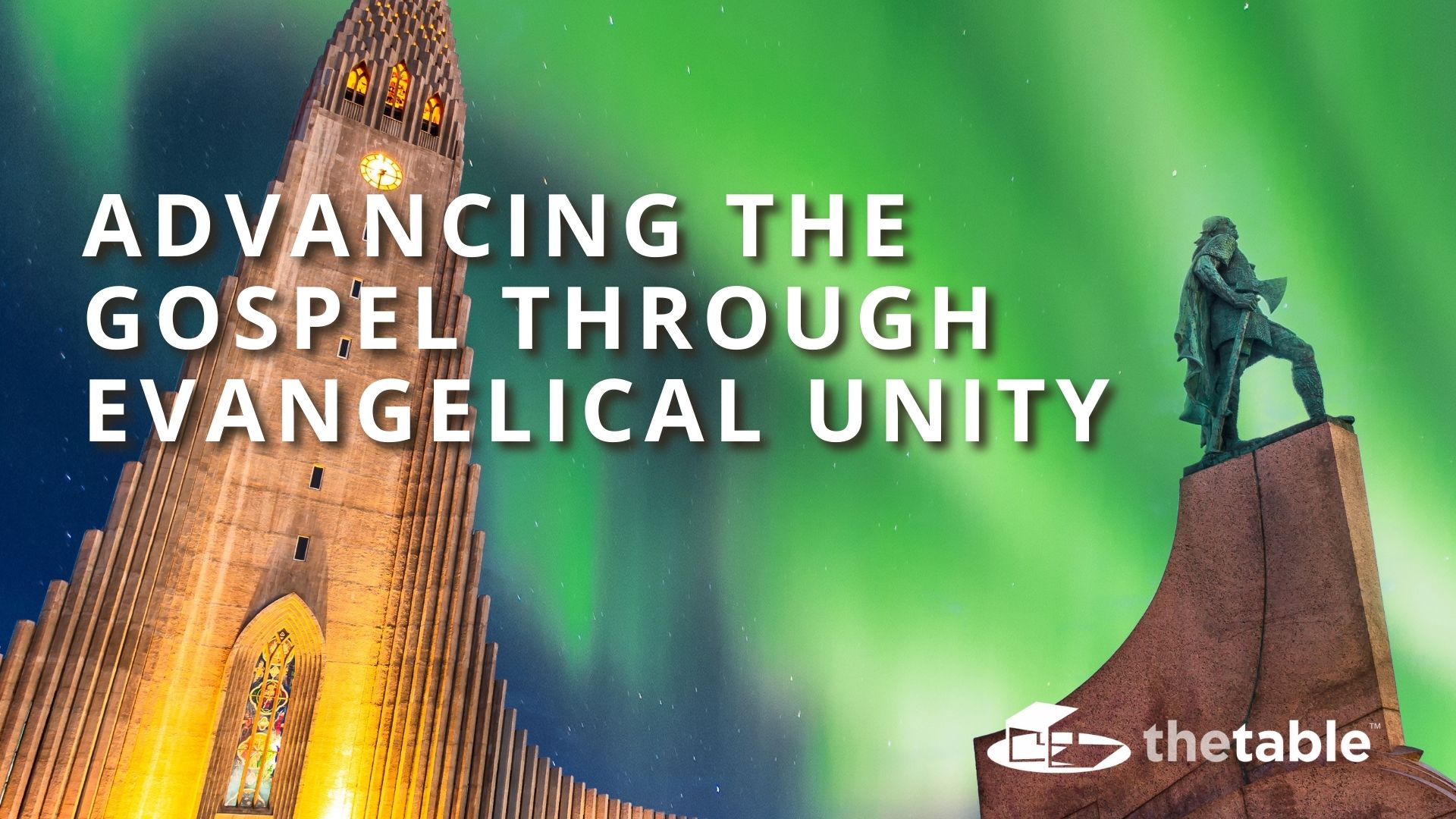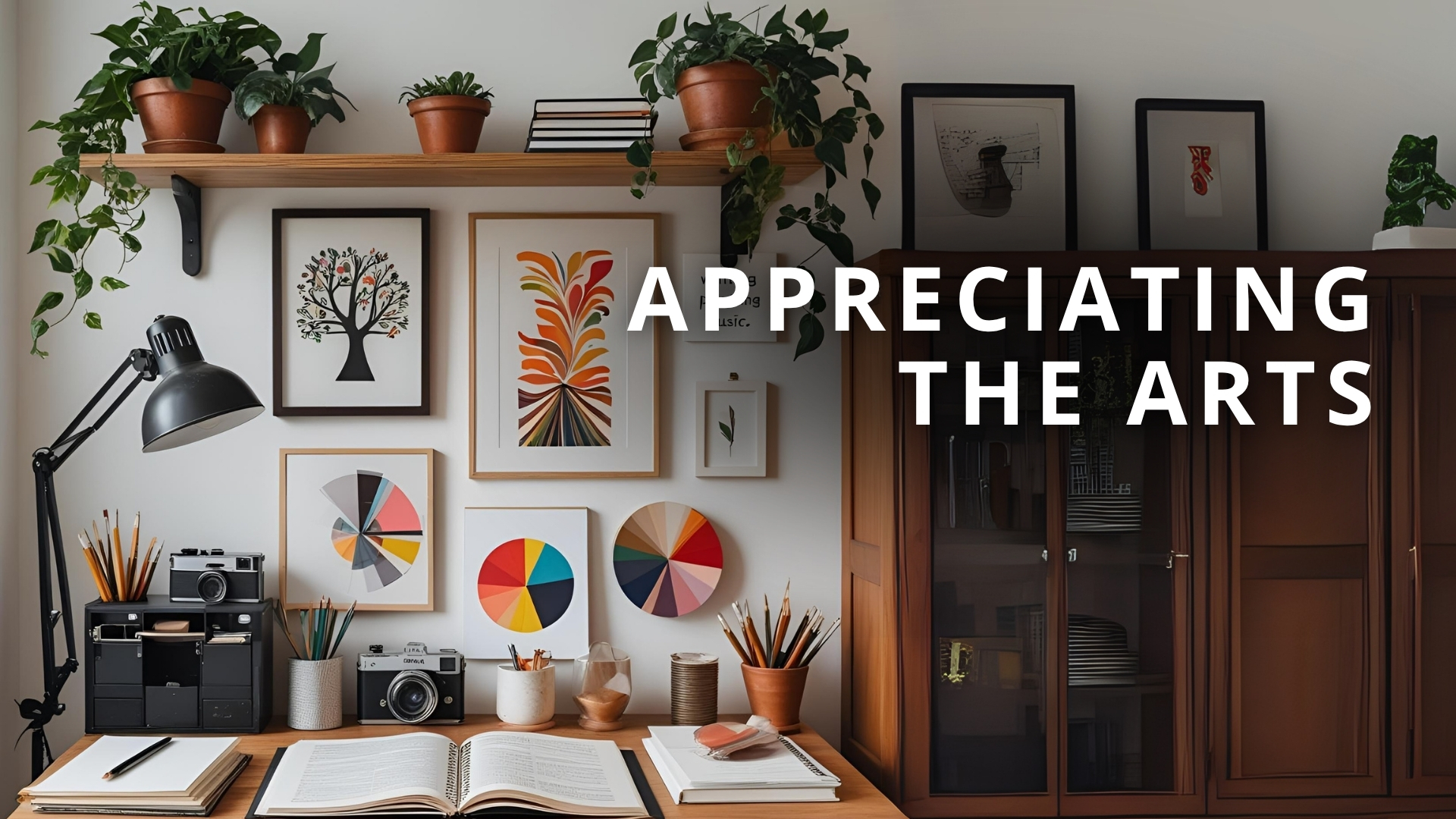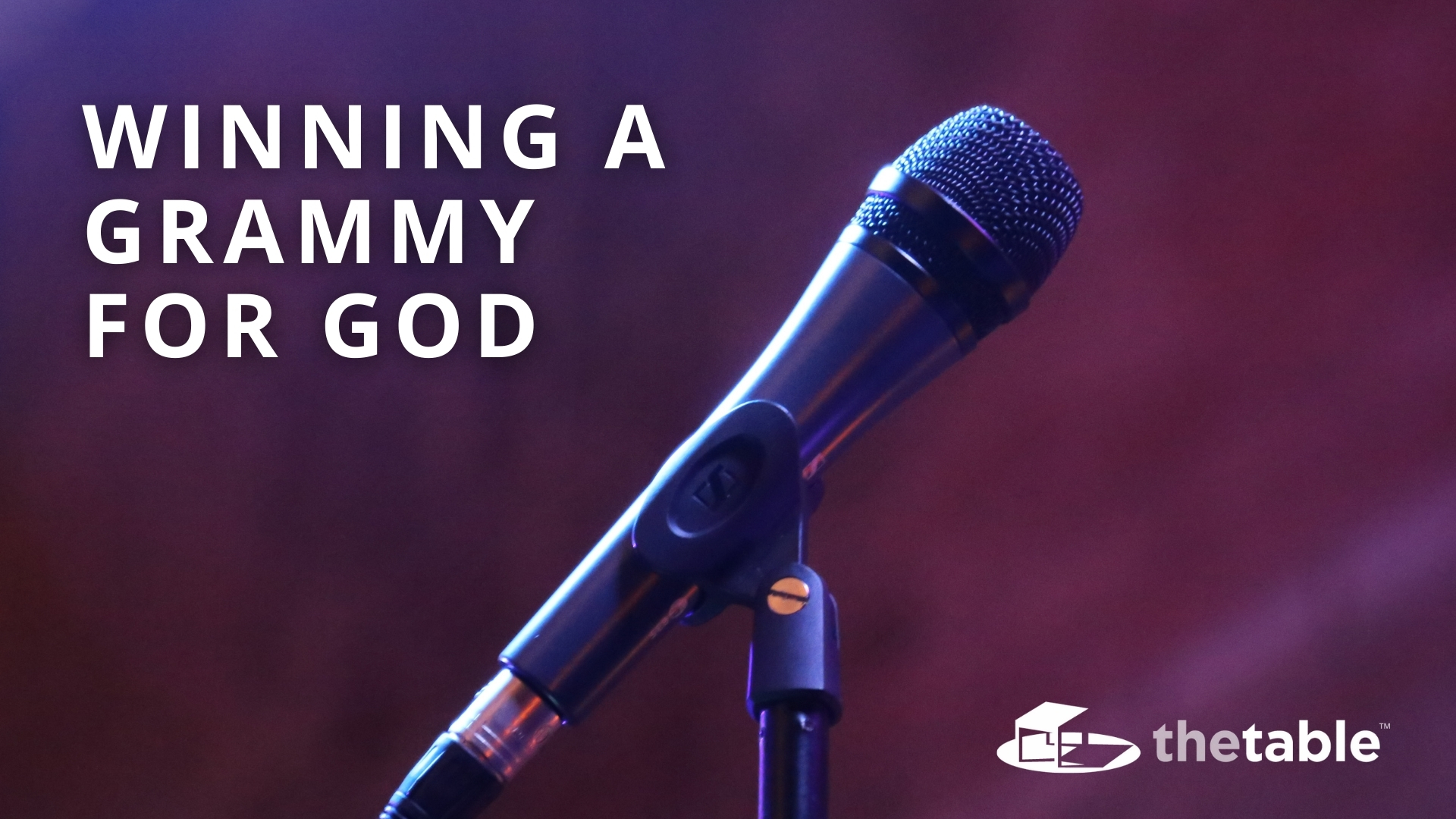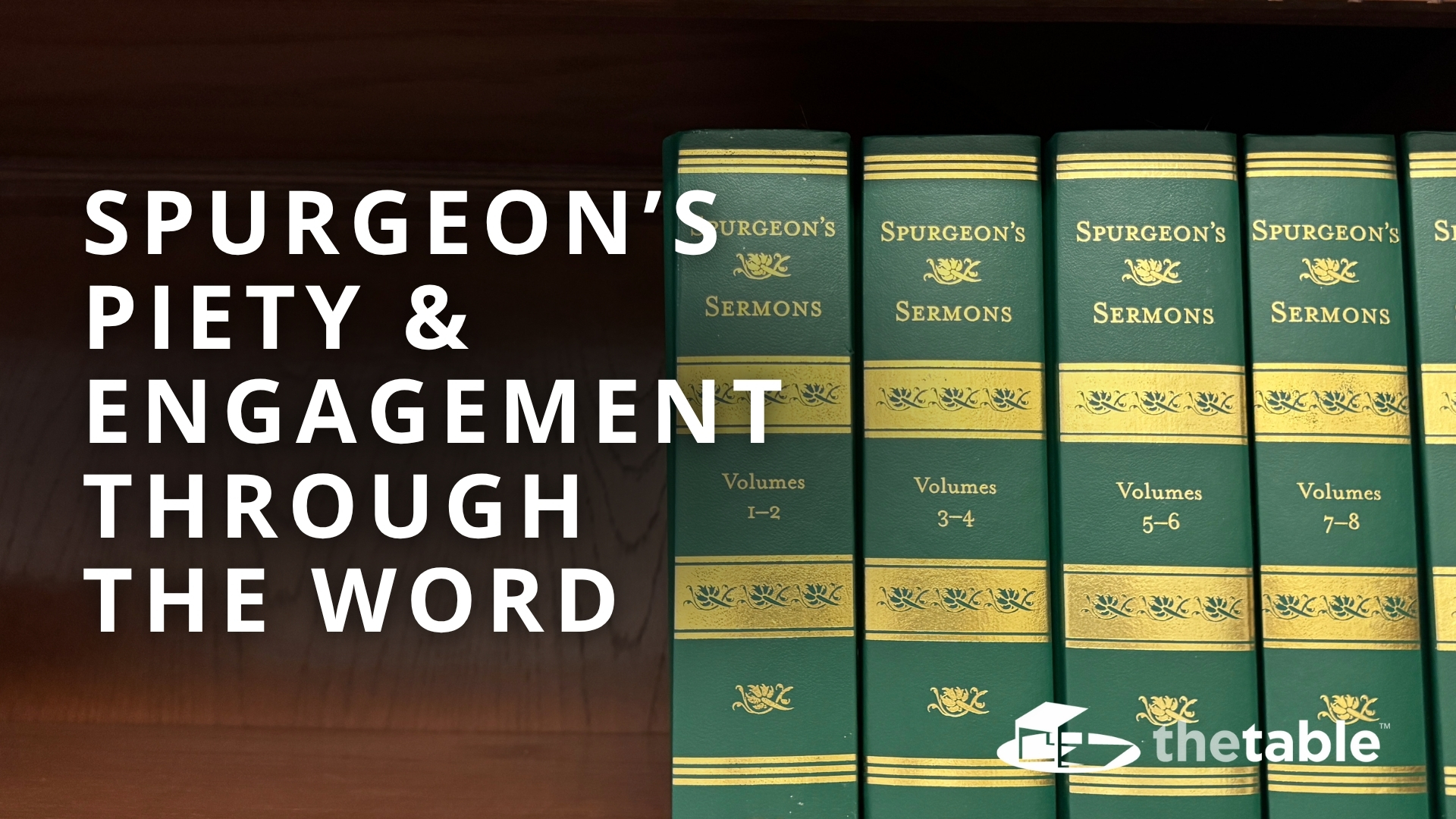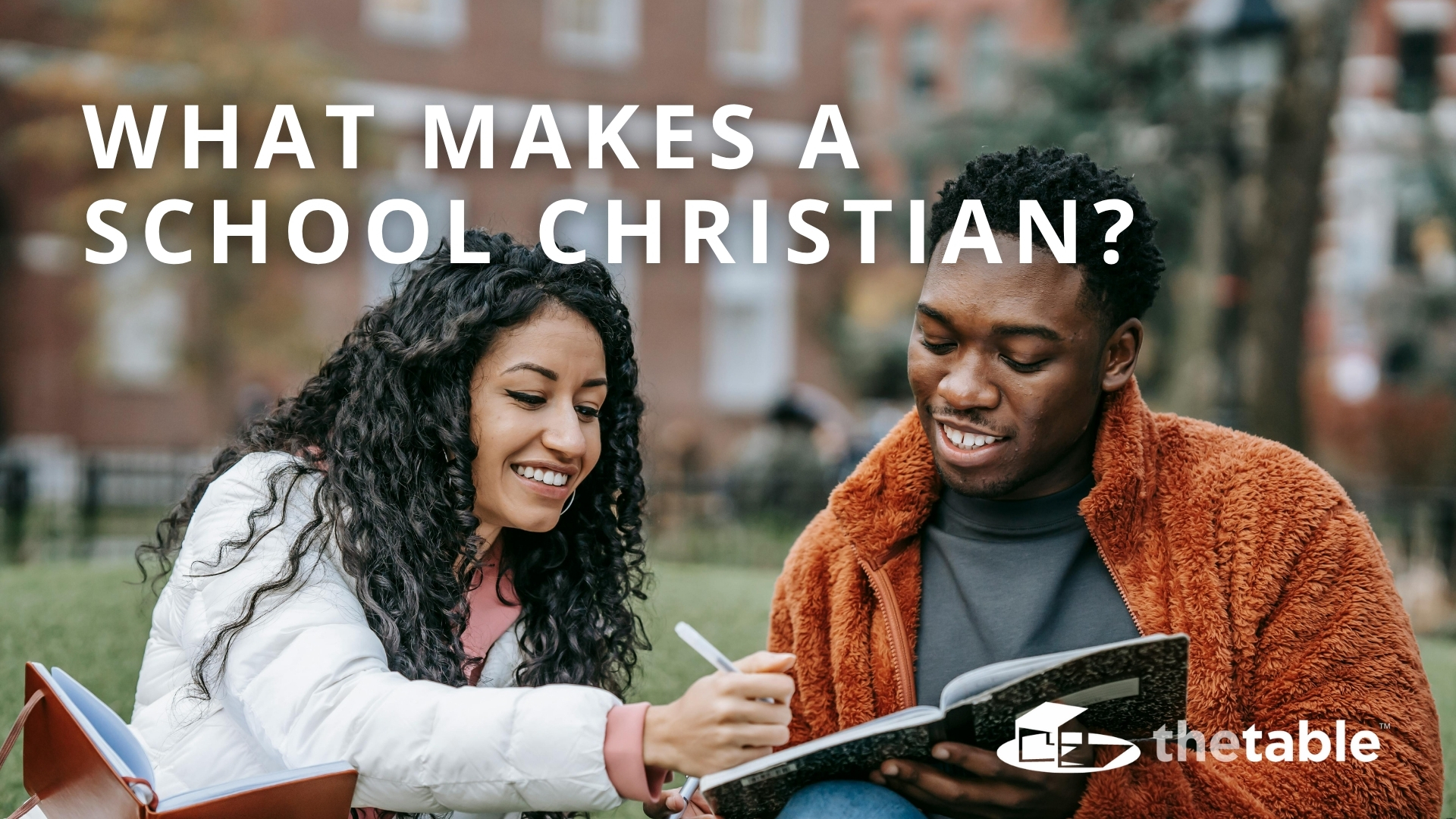The New Testament Through a Global Lens
Description
Darrell Bock:
Welcome to The Table, where we discuss issues of God and culture to show the relevance of theology in everyday life. I'm Darrell Bock, executive director for the Hendricks Center at Dallas Theological Seminary, as well as senior research professor of New Testament. And our topic today is The New Testament in Color, and I have two really terrific guests who I've known for some time and who I'm really glad to be able to have this conversation with them. Amy Peeler is Kenneth T. Wessner Chair of Biblical Studies and Professor of New Testament at Wheaton College.
I serve on the board there, so that's a full disclosure. And she's the author most recently of Hebrews, A Commentary on Christian Formation and has also written Women and the Gender of God in 2024. She's had the privilege of serving as one of four editors for The New Testament in Color: A Multiethnic Commentary for Eerdmans. She enjoys time with her family, her husband Lance, who is a church organist and professor of liturgical studies, her high school daughter Kate, middle school son Maxson, and an elementary school son, Kindred. And then Mariam, it's Kovalishyn, right? Did I get that right?
Mariam Kamell Kovalishyn:
That's it.
Darrell Bock:
All right. I had to think about it a little bit, but that's okay. Lives in Vancouver, British Columbia with her husband, Val and their four children ages two to eight. Mariam is originally from Western New York. Her father was an immigrant from Egypt. Her mother grew up as a missionary kid in the Philippines. Boy, do you have a global background. Val, meanwhile, is an immigrant to Canada from the Ukraine. As such, global encounters with Scripture are always in Mariam's mind. And if I remember correctly, didn't you go to Denver Seminary?
Mariam Kamell Kovalishyn:
Yep.
Darrell Bock:
Is that right? Yeah.
Mariam Kamell Kovalishyn:
That's correct.
Darrell Bock:
The family is involved in a local church, Christ City that they can walk to and dream of city life. Mariam's research focuses on the Catholic epistles and the life of faith. So thank you all for being a part of this. We really are looking forward to this conversation. And so, my opening question to anyone who is here on the podcast for the first time is how did two fine ladies like you get into a gig like this? Amy, can you lead us off? Tell us how you ended up in New Testament studies, and in particular, your interest in working in this area.
Amy Peeler:
Certainly. So I think my interest in New Testament studies began in college. I'm going to blame it on the fact that I took an elective in Greek so I didn't have to take it. But at my Christian college, Oklahoma Baptist University, I took Greek, and it was pretty much right away I was like, this is the most amazing thing ever. I want to do this for the rest of my life. I had some excellent mentors there at OBU, and they really helped me know what path to follow. So that's where I got started, and that's why I get to do what I love. And then how I got into the writing of The New Testament in Color, that is completely the fault of my friend and colleague, Esau McCaulley, who is presently across the hall.
I hear him in his office, and he said, "Hey, I have this idea for a commentary. And I think it's really important that if we're talking about multiethnic interpretation, that this is not just done by minority scholars in America. That tends to be where these conversations play out." But he said, "I think we need a white editor to say that European descent is one ethnicity among many." And I said, "That sounds like a great idea." And he said, "No, I'm talking about you." And so, I was very, very honored to be a part of that process, and it's been a joy to see this book come into the world.
Darrell Bock:
Well, that sounds exciting. I'm going to ask you a lot more questions about that because I think the perspective that you all bring is really, really an important one, so thanks. Mariam, how did you end up being in New Testament studies? And we've alluded a little bit to your interest in this area, given your background, but go ahead and tell us your story.
Mariam Kamell Kovalishyn:
Yeah, my interest came a little bit more roundabout. I did classics in my undergrad and loved it. I was fascinated by it, but didn't know what I wanted to do with my life when I grew up after that. And so, did a year of interim ministry because what else do you do? And discovered I didn't know that much more about the Bible than perhaps anyone else in the church did and thought if I'm going to be leading than I should learn about this. So I went to Denver Seminary, and that was where I found that the world that I'd enjoyed, the classical world that I was interested in, that literature, history, all of that mattered. But then, I was working with a text that meant everything. This was what actually brought meaning to life. So that kind of was the tumble into falling in love with New Testament studies and the historical intertestamental period as well. And from there just kind of each door opened, and I just kept going and found myself here getting to do what I love, which is amazing.
Darrell Bock:
And you collided in Denver, I take it, with Craig Blomberg. Is that a fair description?
Mariam Kamell Kovalishyn:
He was one of my key profs, yes.
Darrell Bock:
Yeah.
Mariam Kamell Kovalishyn:
Yeah. He collided… I was fortunate to have him as a professor, and he helped stir some of the interest in this kind of global readings as well in the process because he would just assign people like Elsa Thomas or others in our classes. And it wasn't something weird, it was just you should be hearing from other voices around the world, and you may not otherwise bump into them. And then someone like Danny Carroll, as well, was one of my profs, and he brought his whole self as a half Guatemalan, all the bits of him into reading the Old Testament really well. And so, I had modeled for me people who were just teaching that you need to hear other voices to be able to read well. You might be missing things you wouldn't even know you're missing. And so, that was part of how I… Or I was encouraged that this is an interest that I should continue to follow.
The book that we're talking about here, The New Testament Around the World, for me, really came into being because of a session we did at SBL in 2018, and it was with my… I'm a part of the James, Peter, Jude study group, and we did majority world readings. And I was fascinated and wanted those essays for my students, but then I wanted all the books of the New Testament to have essays on it for my students. And so, it kind of came out of begging the people in that session to give me their essays as the seed for the rest of the book, and then just hunting people down around the world to help fill in all the rest of the New Testament.
Darrell Bock:
Okay. Well this is terrific. And Mariam, I've got to say that this is a small world. Craig and I literally overlapped almost to the day at Aberdeen.
Mariam Kamell Kovalishyn:
Oh, my gracious.
Darrell Bock:
And Danny Carroll and I grew up together. I've known Danny since second grade. I was the first person to share Christ with Danny.
Mariam Kamell Kovalishyn:
Oh, my. Good. Well, thank you for that.
Darrell Bock:
Yeah, so we used to play high school basketball together. I was the guard, and he was the center. And once you see Danny at six foot seven, you know why. And when I introduce him these days, I say, "My job was to get Danny the ball. And once I got Danny the ball, I knew I wasn't going to see it again."
So that's kind of the inside story on all this. Danny, you're right, does bring a global perspective, so does Craig. Craig and I taught together in South Africa a couple of summers ago, and his perspectives on things is really helpful. So we've got this global element of what's going on here, this multiethnic concern. And Amy, talk about why that's important for the church and maybe even why that's important for the church in America.
Amy Peeler:
Yes. So I think Mariam has already said really well, the breadth and the depth of scripture is so massive that we would really be quite prideful to imagine that we could come to such a majestic text and hear and see and learn all that we can. All of God's plan has been for humans to work together, communities. And so, we should expect that this would be true of interpretation, that we have gifts to bring, our perspectives are good, and then also we have limitations. And so, God says, "Hey, partner together with brothers and sisters across the world." So it is just good practice of good reading and respecting the gift that God has given us in scripture. When Esau was deciding to do this work, and it really did come out of his book, Reading While Black, "Hey, I want to bring the voice of the black church to the interpretive conversation in ways that maybe it hadn't completely been brought before."
He realized, well, I'm bringing my community, but I don't know about other communities. And so, because the dynamics of ethnic interaction in America are complicated, often painful, I think this is especially true for American students, American pastors. This is an opportunity for us to learn well so that we can offer wise and gracious answers when people are wondering, hey, this is a tense thing to talk about race and ethnicity. This could be a created opportunity for Christians to say, "Actually, we do this well because Christianity is global

